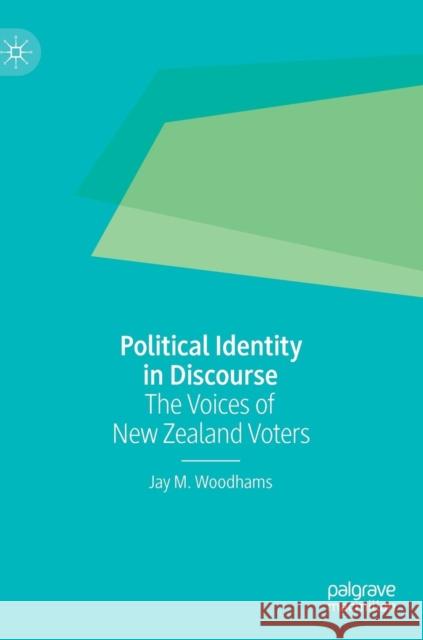Political Identity in Discourse: The Voices of New Zealand Voters » książka
topmenu
Political Identity in Discourse: The Voices of New Zealand Voters
ISBN-13: 9783030186296 / Angielski / Twarda / 2019 / 225 str.
Political Identity in Discourse: The Voices of New Zealand Voters
ISBN-13: 9783030186296 / Angielski / Twarda / 2019 / 225 str.
cena 321,26
(netto: 305,96 VAT: 5%)
Najniższa cena z 30 dni: 308,41
(netto: 305,96 VAT: 5%)
Najniższa cena z 30 dni: 308,41
Termin realizacji zamówienia:
ok. 22 dni roboczych
Dostawa w 2026 r.
ok. 22 dni roboczych
Dostawa w 2026 r.
Darmowa dostawa!
Kategorie:
Kategorie BISAC:
Wydawca:
Palgrave MacMillan
Język:
Angielski
ISBN-13:
9783030186296
Rok wydania:
2019
Wydanie:
2019
Ilość stron:
225
Waga:
0.45 kg
Wymiary:
21.01 x 14.81 x 1.6
Oprawa:
Twarda
Wolumenów:
01
Dodatkowe informacje:
Wydanie ilustrowane











